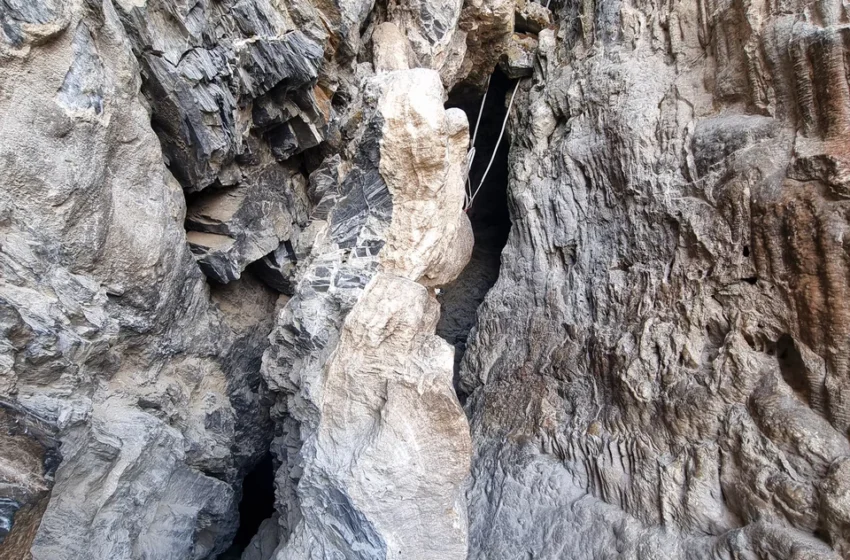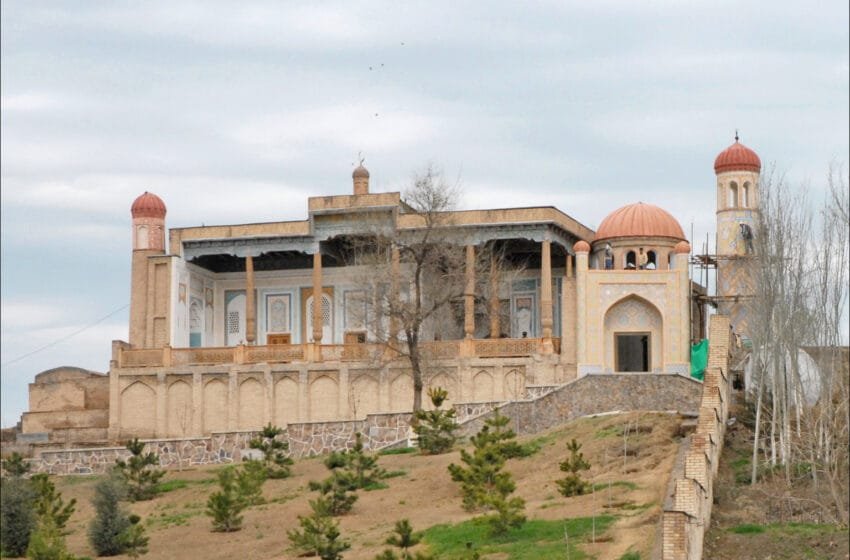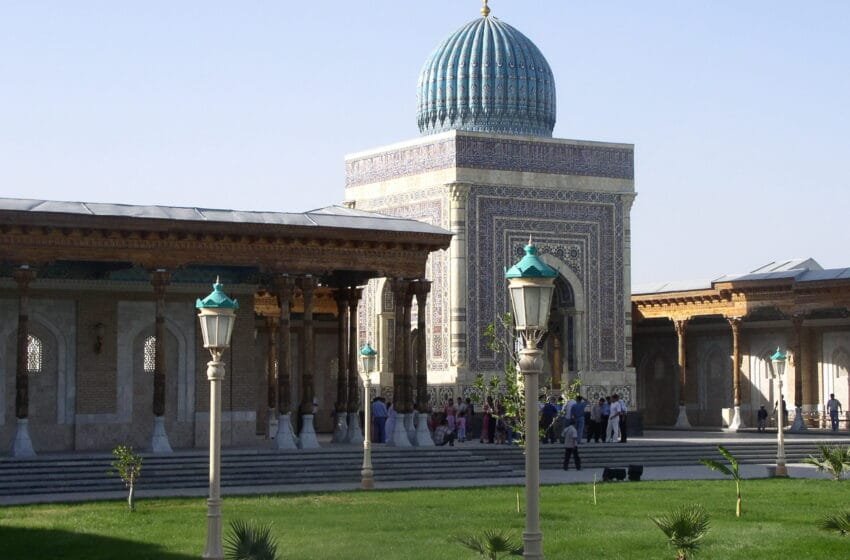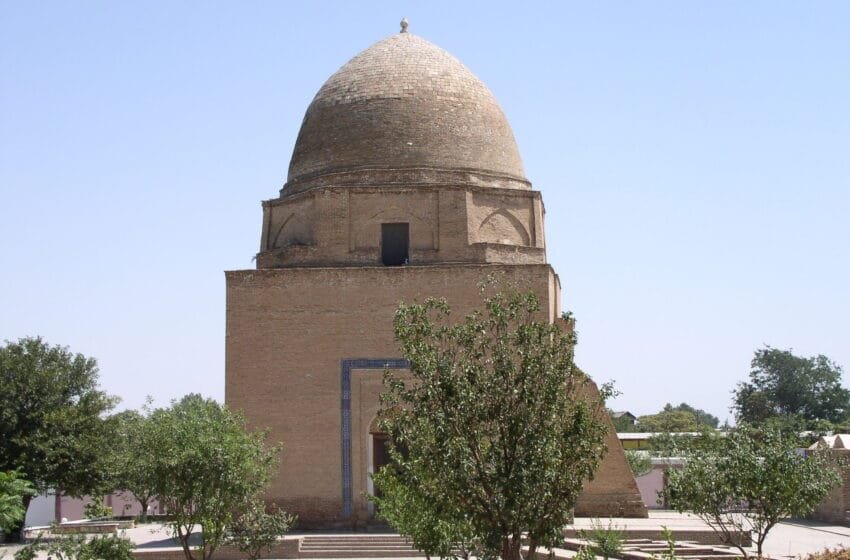The Hazrat Daud Cave stands as one of the most sacred and frequently visited pilgrimage sites in the Samarkand region, captivating visitors
The Kuk Mosque (Uzbek: Koʻk masjidi; Tajik: Кӯк масҷид), commonly referred to as the Kuk-Mosque, translates to Blue Mosque or Green Mosque in
The Church of St. John the Baptist, located in the historic city of Samarkand, Uzbekistan, is a significant Catholic religious site with
Namazgoh Mosque: A 17th-Century Timeless Symbol of Samarkand’s Cultural and
The Namazgoh Mosque, also referred to as Namazgah or Namozgoh (Uzbek: Namozgoh masjidi), stands as a significant 17th-century Islamic monument located on
Hoja Zudmurod Mosque: A 19th-Century Timeless Spiritual Landmark in Samarkand
The Hoja Zudmurod Mosque, also referred to as Hoja Ziyomurod, is one of Samarkand’s most ancient and revered religious structures. Its
Hazrat Khizr Mosque: A 19th-Century Historical Gem in Samarkand Restored
The Hazrat Khizr Mosque (Hazrati Xizr masjidi) is an iconic Islamic structure located at the southern edge of the ancient Afrasiyab settlement
The Memorial Complex of Imam Al-Bukhari: A 9th-Century Symbol of
The Memorial Complex of Imam Al-Bukhari (Imom Al-Buxoriy majmuasi) stands as one of the most revered Islamic cultural and spiritual landmarks in
Mausoleum of Ak-Saray: A 15th-Century Testament to Timurid Legacy with
The Mausoleum of Ak-Saray, translated as “White Palace” from Turkic (ak meaning “white” and saray meaning “palace”), is a striking 15th-century memorial
Mausoleum of Rukhabad: A 14th-Century Spiritual Landmark in Samarkand with
The Mausoleum of Rukhabad (Uzbek: Ruhobod maqbarasi), meaning “Abode of the Spirit,” is a significant 14th-century memorial and religious structure located in
Mausoleum of Abu Mansur al-Maturidi: A 9th-Century Testament to Islamic
Mausoleum of Abu Mansur al-Maturidi: A Testament to Islamic Scholarship The Mausoleum of Abu Mansur al-Maturidi, located in the historic city of











